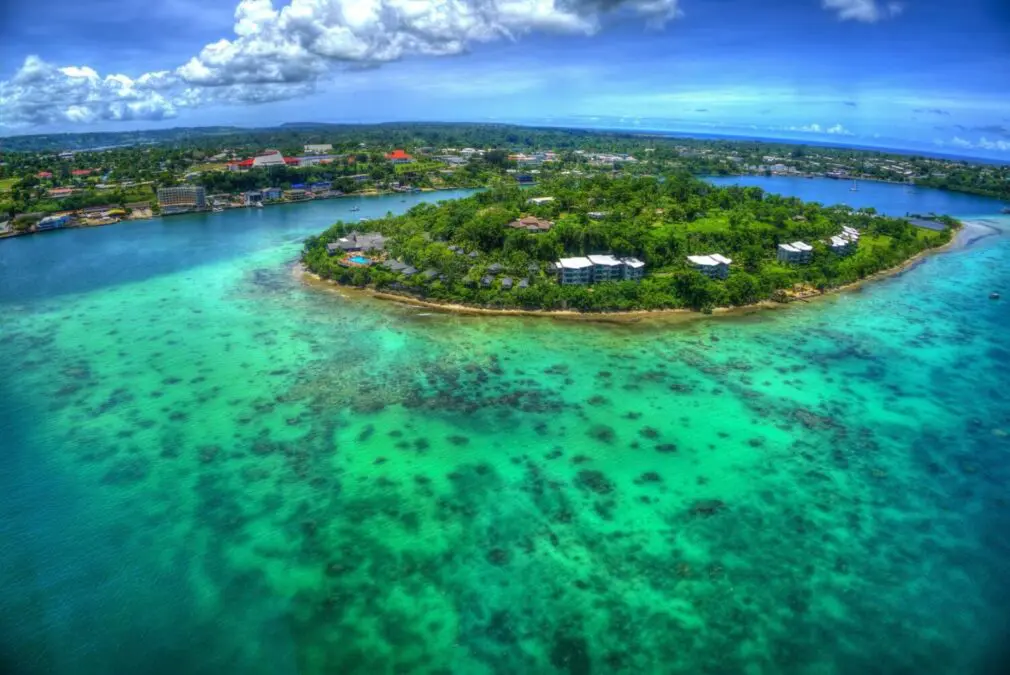The Pacific island nation is making an impact in international climate efforts
The Pacific nation of Vanuatu has launched one of the world’s most ambitious climate policies, pledging to use 100% renewable energy for electricity generation by 2030 and setting ambitious targets for losses and damages, the Guardian reports.
The announcement is yet another example of the small island nation making an impact in international climate efforts.
At last year’s UN climate summit in Glasgow, all countries were called on to “review and strengthen” their Nationally Determined Contributions (NDCs) for climate action by the end of 2022. Vanuatu is one of only 12 countries who have done so, and its ambitious goals have been praised by regional experts.
“They really set an example for the rest of the world,” says Tagaloa Cooper-Halo, director of the Climate Change Resilience Program at the Secretariat of the Pacific Regional Environment Program (SPREP).
“Vanuatu is leading by example in many ways, even though it has negligible emissions. They are taking the lead by presenting their plan. This has been a monumental effort by their government and all stakeholders because it takes a lot of work and coordination to get there announcement.”
Vanuatu is already a carbon-negative country – meaning it absorbs more emissions than it produces – but is committed to going even further by phasing out fossil fuels almost entirely and hopes by 2030 to generate 100 % from renewable sources.
They are also calling for the rapid establishment of a loss and damage financing mechanism to help vulnerable communities.
According to the government, the cost of meeting Vanuatu’s revised commitments is estimated at $1.2 billion by 2030.
“Thirty years ago, Vanuatu was the first nation in the world to call on climate polluters to pay for the permanent losses and irreversible damage caused by their emissions,” said Dr Wesley Morgan, senior researcher at the Climate Council.
“Today, Vanuatu is calling for the creation of a new loss and damage financing mechanism at the UN. To be an effective Pacific ally on climate action, Australia must support the creation of a new loss and damage financing mechanism.”
The move also sets the tone for the Pacific region’s preparations for the COP27 summit to be held in Cairo in November.
Vanuatu, which is rated by the United Nations as the country most at risk of natural disasters, is also currently pushing for the International Court of Justice (ICJ) to issue an advisory opinion on climate-related damage.
“The Government of Vanuatu has been very brave in seeking the opinion of the International Court of Justice and it is all good for the Pacific,” Cooper-Hallow said.
According to Vanuatu’s government, more than 80 countries from around the world support its bid to obtain an advisory opinion from the IC before a vote in the UN General Assembly at its upcoming session.
Photo: iStock by Getty Images







